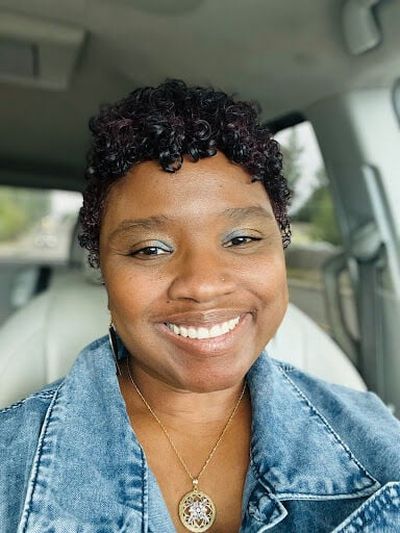Black America has long grappled with its place in the United States military. Since the Revolutionary War, Black men have fought for a freedom they had not yet experienced – freedom they could only hope for. They entered battlefields believing in the ideals of liberty, even as those ideals excluded them. That contradiction has been a defining feature of the Black military experience ever since.
In every major conflict this country has faced – from the American Revolution to the Civil War to Vietnam to Iraq and Afghanistan – Black bodies have served under the banner of freedom, seeking independence touted in American democratic tributes. But what does it mean to fight for a nation that has not always fought for you? What does it mean to risk your life for a democracy that has, time and again, denied your full participation in it?
This is the irony of Black patriotism.
Many of our fathers, grandfathers, uncles – and in more recent generations, our grand-mothers and mothers – found their way into the armed forces not only as an act of service but as a step toward inclusion. Enlisting was never mistaken for a cure for racism or a solution to systemic oppression. But for many, it was a path – one that led to careers, education, travel, discipline, and purpose.
The military has offered a complicated form of access. It provided some Black Americans with tools to carve out a new life, while simultaneously placing them within an institution that reflected the same racial inequities found throughout society.
When we look at the arc of Black military involvement, we must ask ourselves not only why individuals joined, but what they were reaching for. That search often comes back to the idea of freedom – not in its abstract form, but in the personal, deeply human sense of wanting to belong, to protect, to build, and to be respected.
Freedom, for Black Americans, is not just a civic condition. It is a psychological, generational, and spiritual longing. It lives in the bosom. It is part of the birthright we’ve fought to claim, time and time again, even when the nation withheld it.
For some, like Muhammad Ali, that fight took the form of refusal. Ali’s bold rejection of the draft during the Vietnam War was a radical claim of freedom – of the right to say no to a government that refused to see his humanity. For others, the choice to serve was an equally radical act of belief – that they could help shape the country from within.
Both choices carry weight. Both are part of a long tradition of navigating contradictions. The real question is not who was right or wrong, but rather: what does it mean to be Black in America and still choose to serve? What does it mean to love a country that has often broken your heart?
In that tension lies a deeper truth. The military, like America itself, has never been free from racism. But within it, many Black servicemembers found a way to assert dignity, to claim space, to build futures. Their participation was not blind allegiance, but a conscious negotiation with a nation that remains unfinished.
As we reflect on Black military history, we must hold space for its complexity. We must acknowledge the pain, the sacrifice, the hope – and the contradictions. For in doing so, we honor not only those who served but the fuller truth of what it means to be Black and American: always striving, always questioning, always reaching for a freedom not yet touched.
To add context to what is often complex and deeply personal, I sat down with my father to explore his journey as a military servicemember during a time when enlisting was controversial and fighting for America was a convoluted matter for those of a darker hue. See “To serve and belong” to read more.
